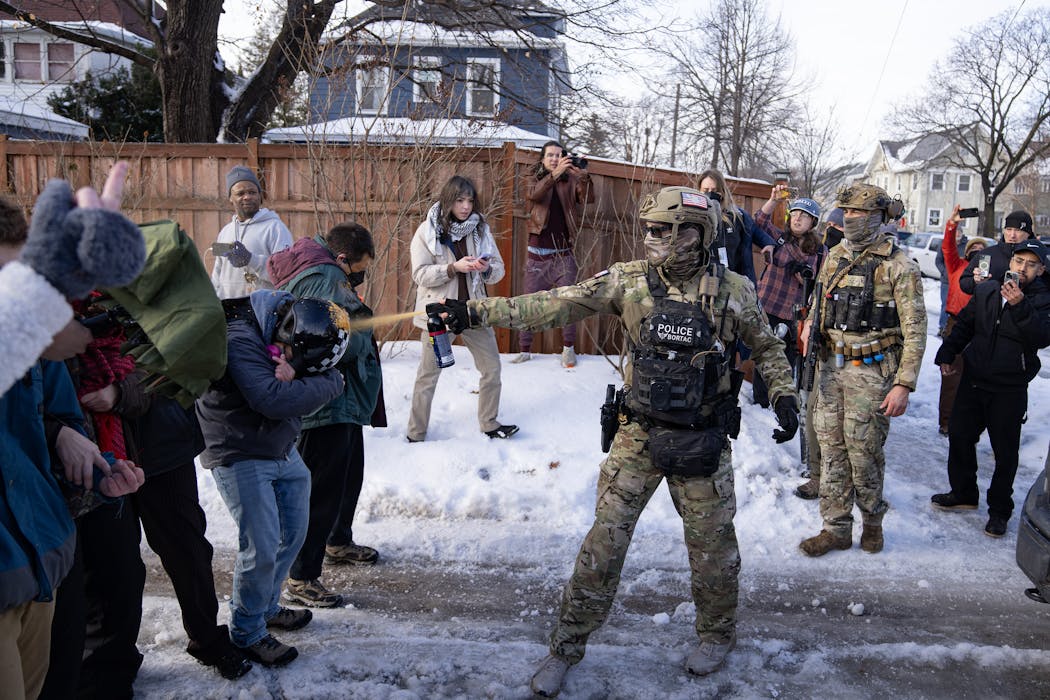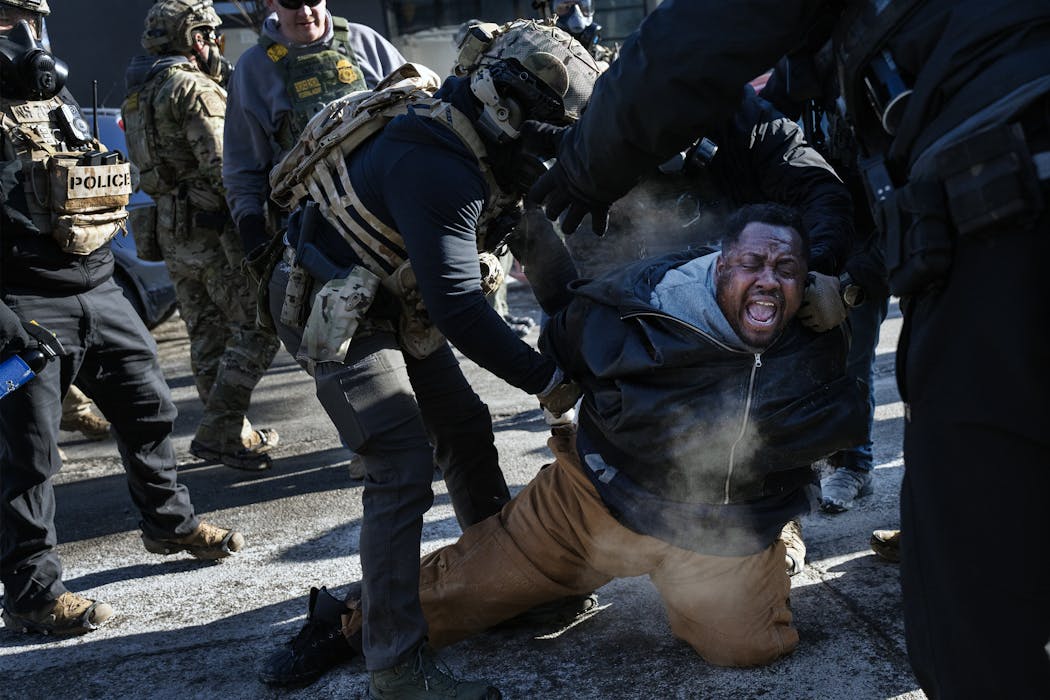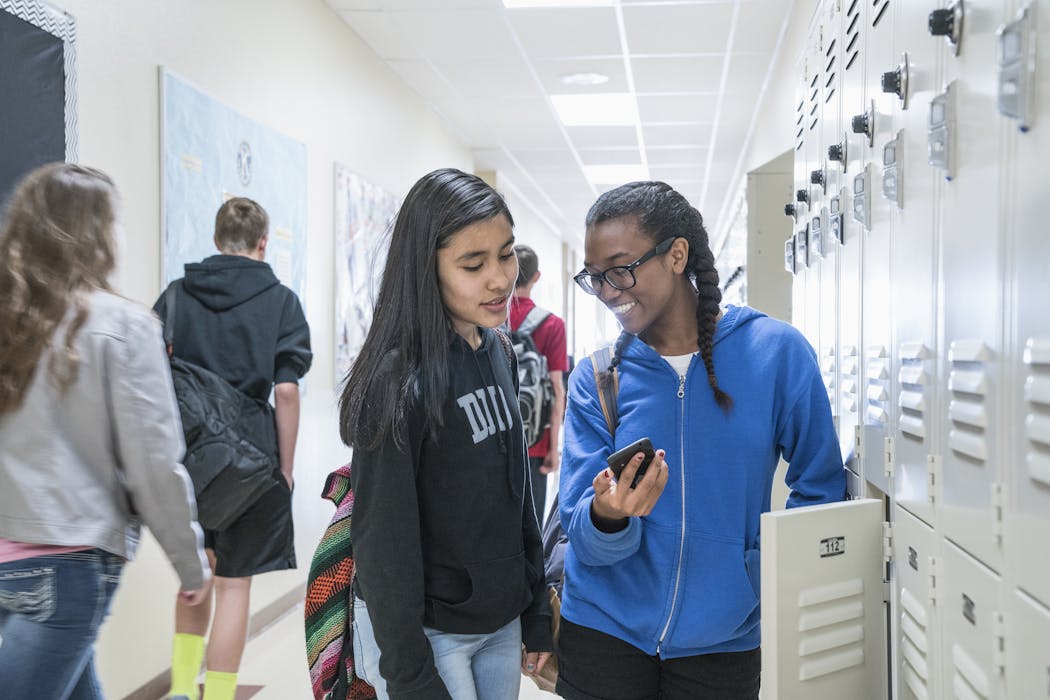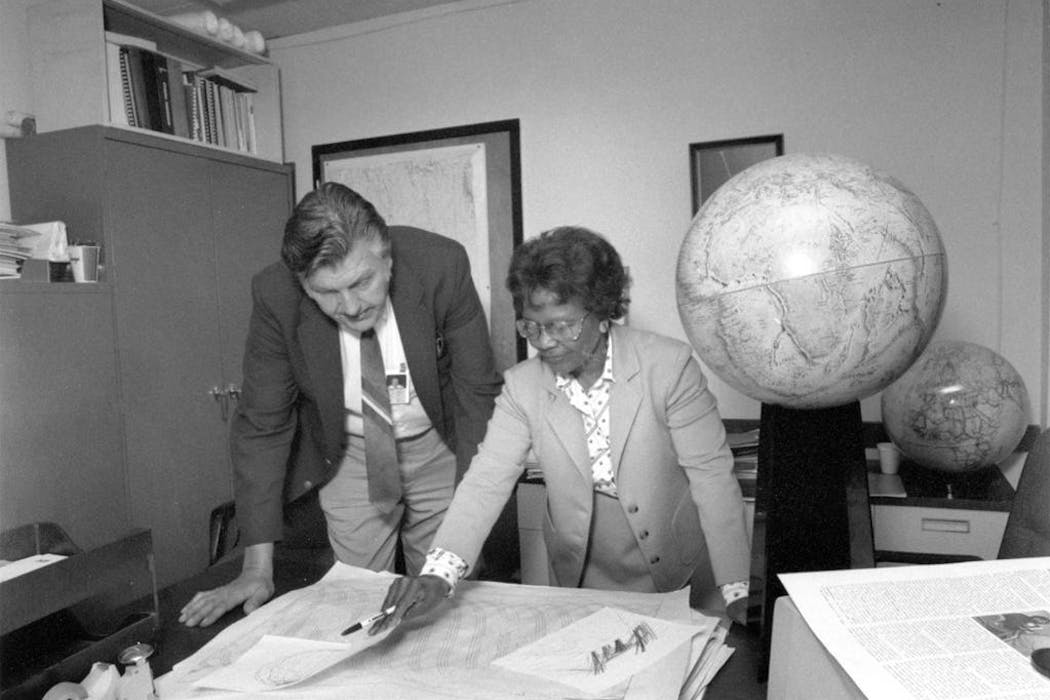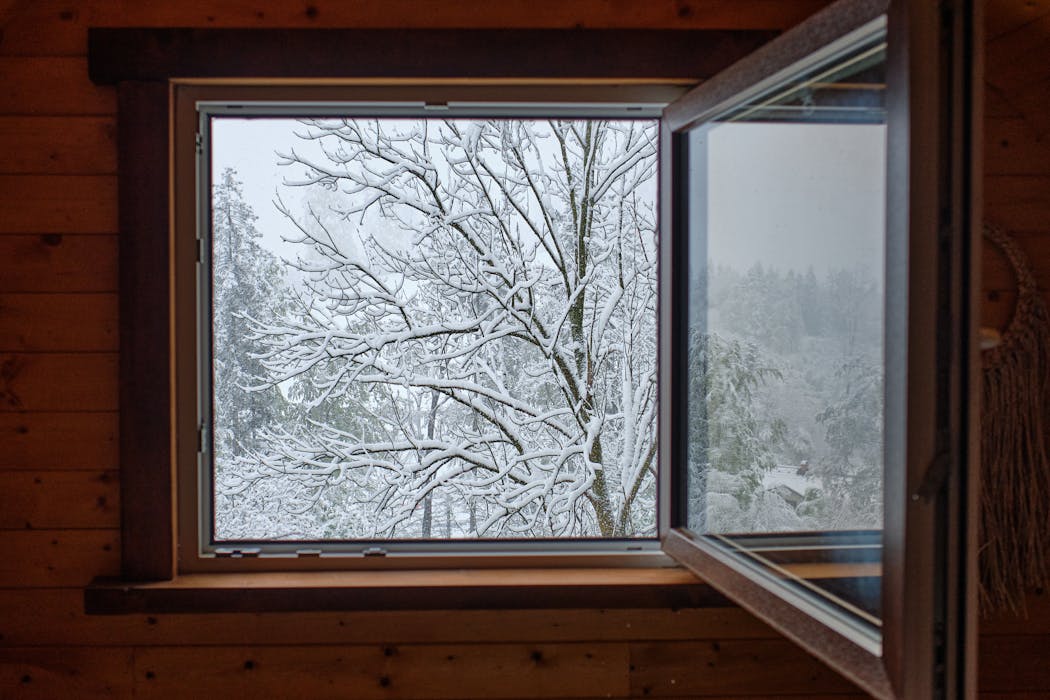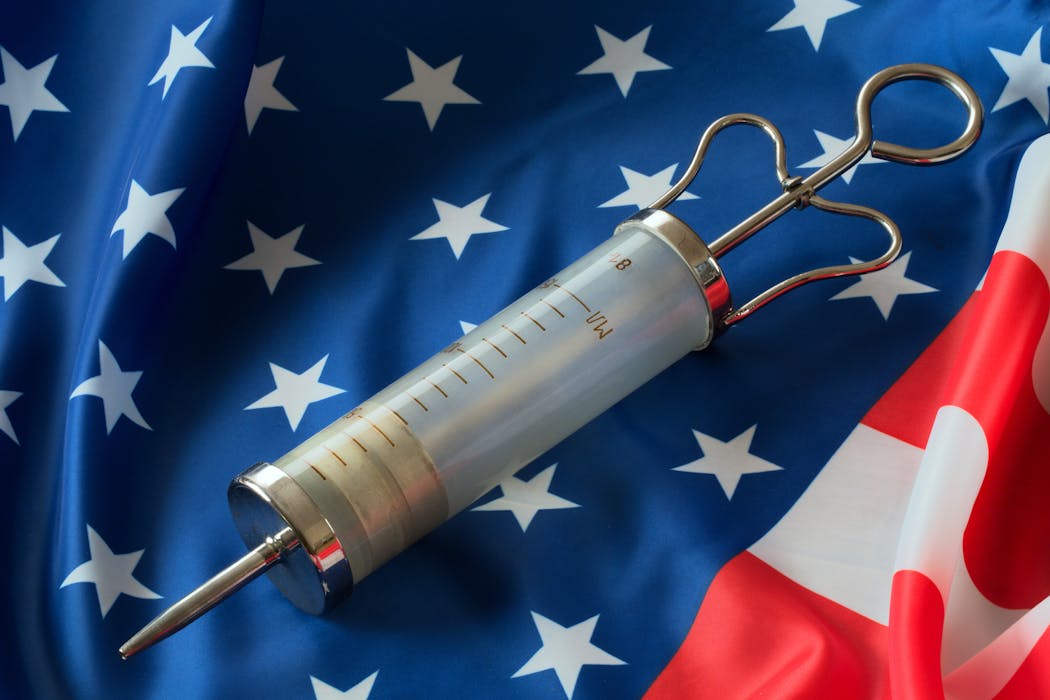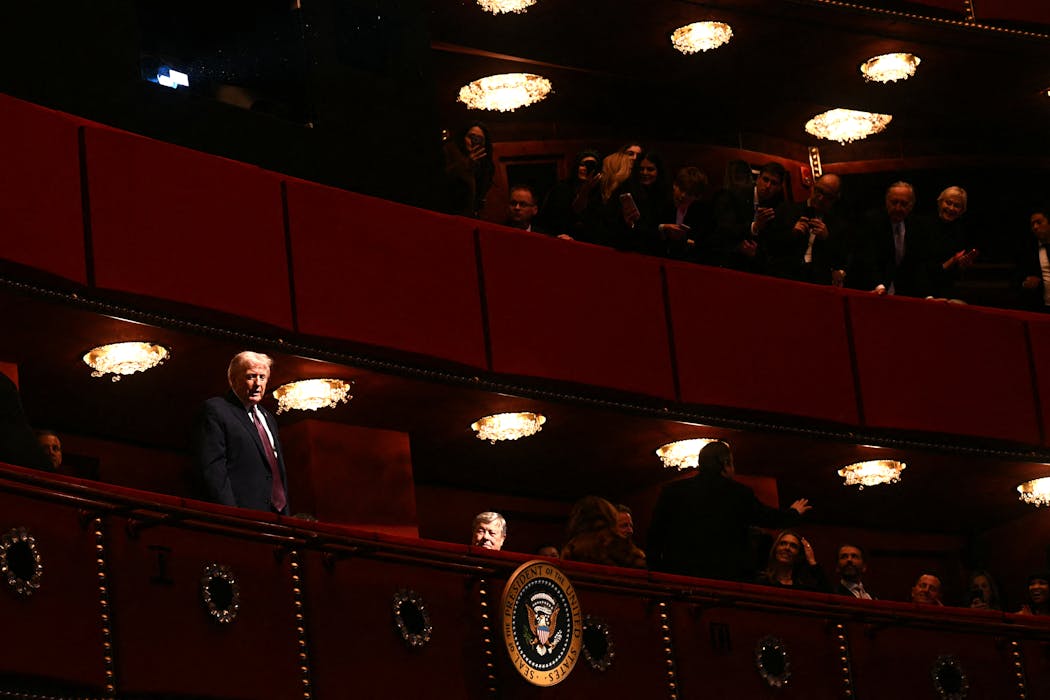Has Little Caesars Arena boosted economic activity in Detroit? We looked at hotel and short-term rental industry data to find out
- Written by Gidon Jakar, Assistant professor of sport management, University of Florida
 Owners claimed the local economy would be the real winner when the Detroit Red Wings and Pistons play.Scott Legato/WireImage via Getty Images
Owners claimed the local economy would be the real winner when the Detroit Red Wings and Pistons play.Scott Legato/WireImage via Getty ImagesDetroit’s population reportedly grew in 2023 for the first time in 60 years, a trend that has continued in recent years. Over the past decade, the city center has experienced substantial private and...


